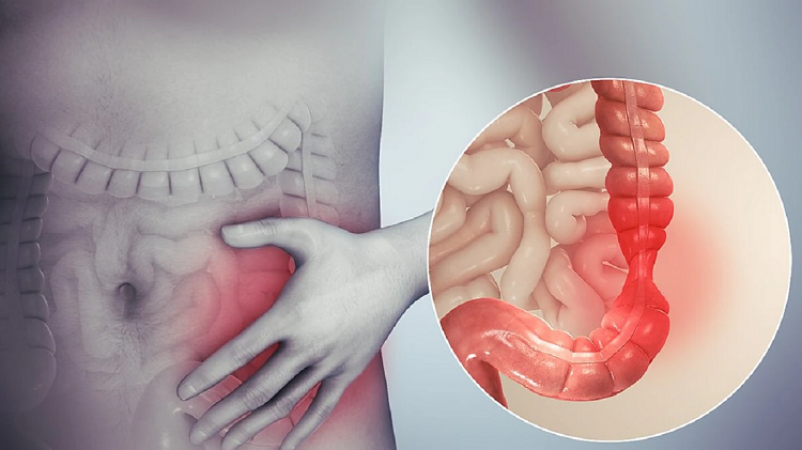
Multivitamins have long been celebrated as a convenient way to bridge the gap between our dietary intake and essential nutrients. They are especially recommended for individuals suffering from nutritional deficiencies or those who struggle to obtain all the required vitamins and minerals through their regular diets. However, a recent study, just days before National Cancer Awareness Day, November 7, has left many people pondering whether these seemingly beneficial supplements are actually a cause for concern. According to the charity "Killing Cancer Kindly (KCK)," there may be a shocking link between multivitamins and a 30% increased risk of cancer. In this article, we'll delve into the controversy surrounding multivitamins and their potential impact on cancer risk to help you make informed decisions about your own health.
The Role of Multivitamins
Multivitamins are commonly used dietary supplements that contain a mix of essential vitamins and minerals. They are typically taken to compensate for nutrient deficiencies or to ensure optimal health when dietary intake falls short. These supplements are often recommended by healthcare professionals as a way to maintain overall well-being. Vitamins and minerals play a crucial role in various bodily functions, such as immune support, bone health, and energy production.
Why the Controversy?
The recent claim by "Killing Cancer Kindly" regarding a 30% increased risk of cancer associated with multivitamin use has raised considerable alarm. To better understand this controversy, we need to examine the findings and the potential factors contributing to this risk:
Nutrient Overload: Multivitamins can sometimes provide nutrients in excess of what an individual needs. Consuming certain vitamins and minerals at excessive levels may have unintended health consequences.
Specific Vitamins: The study emphasizes that some specific vitamins may be linked to an increased cancer risk, including vitamin E and beta-carotene. High-dose supplements of these vitamins have previously raised concerns regarding their effects on cancer.
Interaction with Other Factors: The study suggests that the interactions between multivitamins and other factors, such as age, genetics, and lifestyle, could play a role in increasing cancer risk.
Individual Variability: Not all individuals are alike, and factors like genetics, medical history, and existing health conditions may impact how multivitamins are metabolized and their potential effects on cancer risk.
Balancing the Scales
Before jumping to conclusions, it's essential to consider that the link between multivitamins and cancer risk remains a subject of debate among healthcare professionals and researchers. Moreover, several other studies have shown no significant connection between multivitamins and cancer. The key takeaway is that more research is needed to fully understand the potential risks involved.
So, What Should You Do?
In light of the ongoing controversy, it's important to make informed choices regarding your health. Here are some steps you can take:
Consult Your Healthcare Provider: If you're currently taking multivitamins or considering starting, consult your healthcare provider. They can help assess your individual nutritional needs and guide you on whether supplementation is necessary.
Rely on a Balanced Diet: Whenever possible, try to obtain your essential nutrients through a balanced and varied diet. Whole foods provide a wide range of beneficial compounds that work together to support your health.
Be Mindful of Dosages: If you and your healthcare provider decide that multivitamins are necessary, be cautious about the dosages. Avoid megadoses of specific vitamins and minerals, as excess can have negative consequences.
Regular Health Screenings: Regular health check-ups and screenings can help detect any health issues, including cancer, at an early stage when they are more treatable.
Stay Informed: Stay updated on the latest research and recommendations regarding multivitamins and cancer risk. Scientific understanding is continually evolving, and your healthcare provider can help you stay informed.
The relationship between multivitamins and cancer risk is a complex and evolving issue. While the recent claim by "Killing Cancer Kindly" has sparked concern, it's important to remember that the scientific community is still working to fully understand the potential implications. The best course of action is to approach multivitamin use with caution, in consultation with a healthcare provider, and to prioritize a balanced diet and a healthy lifestyle. As we observe National Cancer Awareness Day, let's strive to make informed choices that promote overall well-being and minimize potential risks.
More Health Updates: